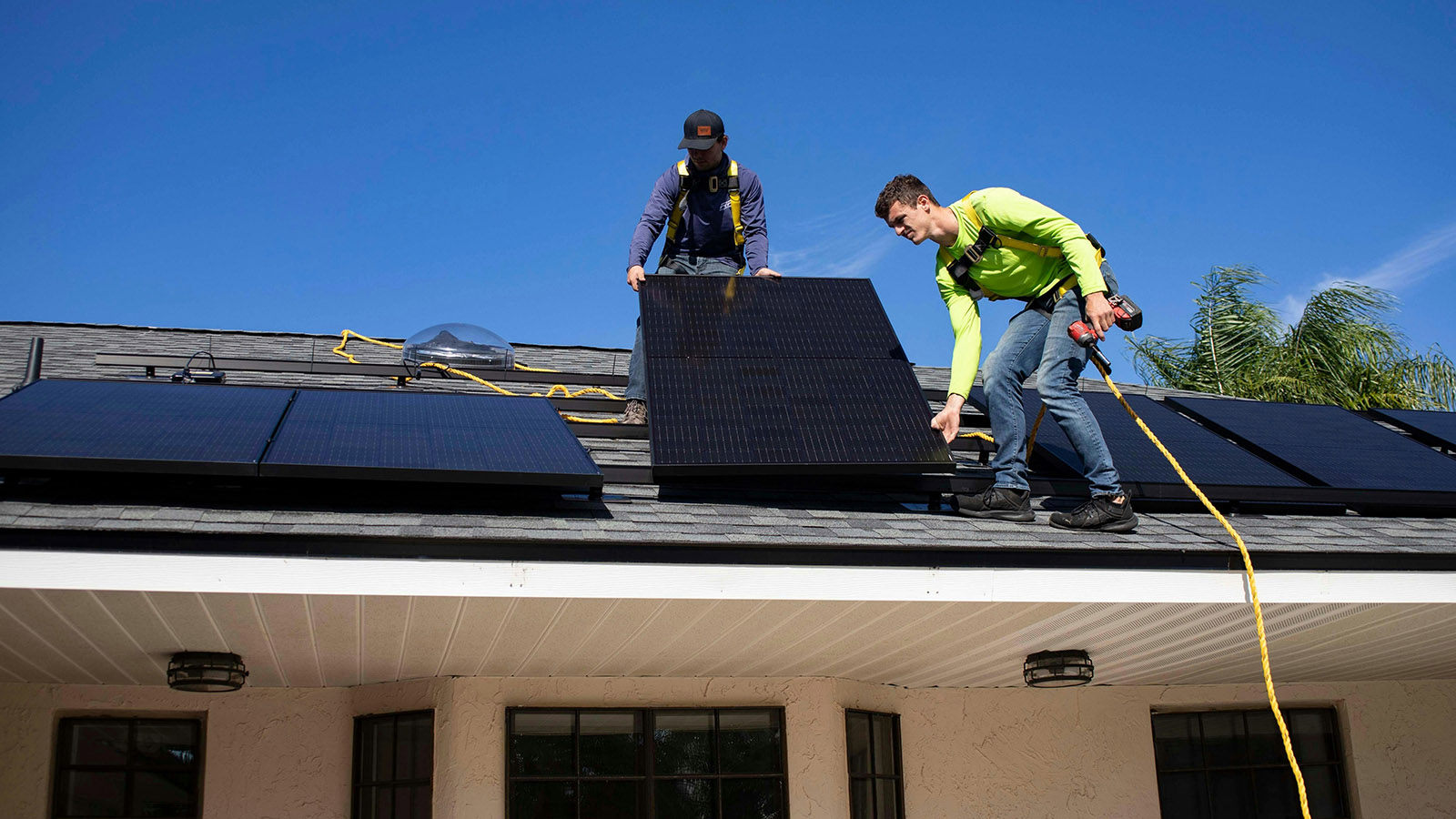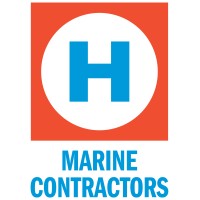Renewable energy jobs tagged "Offshore Engineering"
-
On-site Full time 2 days ago
-
On-site Internship 3 days ago
-
Copenhagen, Denmark + 2 locationsHybrid Full time 3 days ago
-
On-site Full time 3 days ago
-
Flexible Full time 3 days ago
-
On-site Contract position 2 days ago
-
On-site Full time 3 days ago
-
Flexible Full time 2 days ago
-
On-site Full time 2 days ago
-
Flexible Full time 2 days ago
-
On-site Full time 3 days ago
-
Flexible Full time 2 days ago
-
Viana do Castelo, Portugal + 1 locationOn-site Full time 2 days ago
Offshore Engineering in Renewable Energy
Offshore engineering in the renewable energy sector primarily focuses on the design, construction, and maintenance of structures and systems located in marine environments. This discipline is crucial for the development of offshore wind energy projects, which harness wind power from turbines installed in bodies of water, typically oceans or large lakes.
Typical Responsibilities
Professionals in offshore engineering are tasked with a variety of responsibilities, including site assessment, structural design, and the installation of offshore platforms. They also oversee the maintenance and repair of these structures to ensure their longevity and efficiency. Additionally, they may be involved in feasibility studies to evaluate potential sites for new projects.
Required Skills and Qualifications
A career in offshore engineering typically requires a degree in civil, mechanical, or marine engineering. Key skills include proficiency in structural analysis, project management, and familiarity with marine construction techniques. Knowledge of regulatory compliance and safety standards is also essential, given the challenging and hazardous nature of offshore environments.
Impact on Renewable Energy Projects
Offshore engineering plays a pivotal role in expanding the capacity and reach of renewable energy projects. By enabling the construction of offshore wind farms, it contributes to the diversification of energy sources and helps meet global energy demands sustainably. The ability to install turbines in deeper waters allows access to stronger and more consistent wind resources, enhancing energy output.
Industry Trends and Market Demand
The demand for offshore engineering expertise is growing as countries invest in renewable energy to meet climate goals. The global offshore wind market is expected to expand significantly, driven by technological advancements and supportive government policies. This trend is creating numerous job opportunities in the field.
Career Opportunities and Pathways
Career paths in offshore engineering range from entry-level positions such as junior engineers to senior roles like project managers and lead engineers. Professionals can also transition into related areas such as project management or system design, broadening their career prospects.
Examples of Real-World Applications
Companies like Principle Power and Aker Solutions are at the forefront of offshore engineering, developing innovative floating wind turbine technologies. These advancements are crucial for harnessing wind energy in deeper waters, where traditional fixed-bottom turbines are not feasible.
Regional or Regulatory Considerations
Offshore engineering projects must comply with various international and regional regulations, such as environmental impact assessments and maritime safety standards. These regulations ensure that projects are conducted responsibly and sustainably, minimizing their impact on marine ecosystems.
Challenges and Future Directions
Challenges in offshore engineering include harsh environmental conditions, high costs, and complex logistics. However, ongoing research and development are paving the way for more cost-effective and resilient solutions. The future of offshore engineering looks promising, with potential innovations in floating wind energy and hybrid energy systems.
Get job alerts
Get alerts for Offshore Engineering jobs
Join Talent Pool
Let top clean energy employers find you
Featured jobs
Renewable energy blog posts
-

Renewable Energy Forecast for 2030
By 2030, renewables are poised to supply nearly half of global electricity, with solar and wind leading this explosive expansion. In this data-driven piece, we explore job creation forecasts, supply chain bottlenecks, and policy hurdles. -

Fastest Growing Renewable Energy Sector: Data and Trends
In 2023, solar photovoltaics surged by 32.59%, officially making it the fastest-growing renewable energy source worldwide. Yet offshore wind, which soared by 57.87% in 2021, remains a formidable competitor in total electricity output due to its high capacity factor. This concise overview highlights how policy incentives, cost reductions, and manufacturing advances are propelling solar to the forefront of the global energy transition. -

Career Opportunities in Solar Energy
The solar energy sector is experiencing unprecedented growth, with over 7.1 million jobs in solar PV alone as of 2023. For professionals considering a career shift into renewable energy, solar offers pathways across R&D, manufacturing, project development, and operations.










